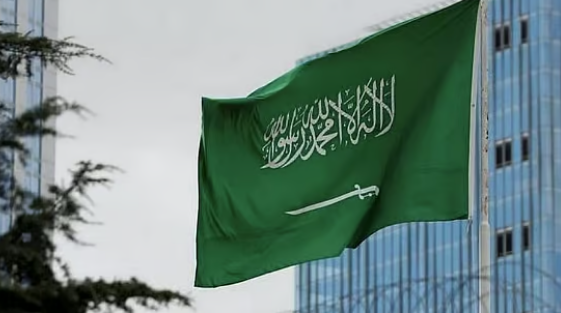Saudi Arabia has voiced serious concern over the escalating tensions between India and Pakistan following a deadly terrorist attack in the Kashmir region that killed at least 26 tourists earlier this week.
In an official statement, the Kingdom urged both nations to exercise restraint and resolve their differences through peaceful and diplomatic means. “Saudi Arabia calls on the Republic of India and the Islamic Republic of Pakistan to respect the principles of good neighbourliness and work towards achieving stability and peace for the people of the region,” the statement read.
The appeal comes amid rising fears of a military confrontation, as relations between the nuclear-armed neighbours continue to deteriorate. In the aftermath of the attack in Pahalgam, both countries have taken a series of retaliatory measures, further straining diplomatic and economic ties.
India announced the suspension of the Indus Waters Treaty, a key water-sharing agreement between the two countries that has endured since 1960. In response, Pakistan closed its airspace to Indian commercial flights and halted all visa services for Indian citizens. India, in turn, suspended visas for Pakistani nationals.
The situation took a more alarming turn early Tuesday, when a senior Pakistani minister stated publicly that the country was bracing for a potential Indian military strike within the next 24 to 36 hours. The claim has not been confirmed by Indian officials, but it has heightened fears of a rapid escalation.
Saudi Arabia’s call for de-escalation echoes similar appeals from other nations and international bodies concerned about the stability of South Asia, a region often fraught with historical tensions and prone to flare-ups.
The Kingdom, which maintains strong diplomatic ties with both India and Pakistan, has positioned itself as a mediator in past disputes. Observers say Riyadh’s latest statement reflects the growing alarm within the international community about the potential consequences of a prolonged or intensified conflict.
As both sides reinforce their positions, calls for dialogue are mounting. But with diplomatic channels under strain and nationalist sentiments on the rise in both countries, the path to de-escalation remains uncertain.


